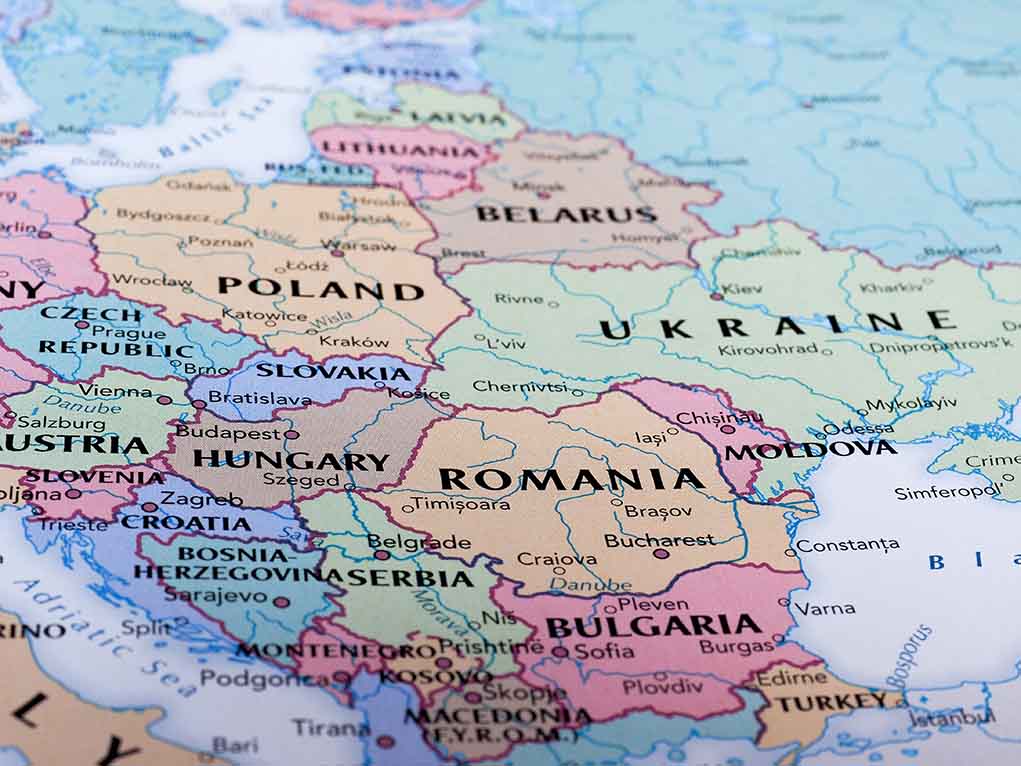The Canadian government’s latest firearm policy has stirred debate and controversy, with implications reverberating far beyond its borders. Prime Minister Justin Trudeau’s administration has widened the list of banned firearms, sparking discussions around domestic rights and international commitments. As part of this policy, some confiscated firearms might be donated to Ukraine, a move that has incited both critique and support.
Expansion of Gun Control Measures
Canada, under Prime Minister Justin Trudeau, has implemented stringent gun control measures, seen by some as moving towards authoritarianism. The Trudeau government recently added 324 makes and models of assault-style firearms to the prohibited list. Public Safety Minister Dominic LeBlanc announced this expansion, emphasizing that these weapons can no longer be legally used, sold, or imported, except under limited conditions.
In 2022, these measures included a freeze on the sale, purchase, and transfer of handguns, affecting countless Canadians. This drive towards further regulation reflects an ongoing effort to tighten national security, despite making several Canadians feel their rights are under threat. These policies have influenced Canadians’ perception of Trudeau, with some identifying him as one of the least favorable prime ministers since 1968.
🇨🇦 new export strategy: confiscate legally owned firearms, call it a buyback & ship to Ukraine so they can kill Russians. Only in Trudeau’s 🇨🇦 law-abiding gun owners lose their property, criminals keep theirs& 🇺🇦 gets the spoils of 🇨🇦overreach. Is this a Nation or Netflix comedy? https://t.co/QCyhRGvxxo
— Richard Syrett (@richardsyrett) December 6, 2024
Support for Ukraine Amid Domestic Concerns
The Trudeau administration’s policy could extend beyond national borders, as Public Safety Minister Dominic LeBlanc suggested that confiscated firearms might be sent to Ukraine. This possibility has incited mixed reactions, as some see it as supporting democracy abroad, while others view it as overreaching amid domestic challenges.
Critics argue that Canadians’ self-defense rights should not be compromised, underscoring the necessity of firearms to counter possible tyranny. The suggestion of sending weapons to Ukraine has added a layer of complexity, sparking an ongoing debate about priorities and the role of government in individual rights versus foreign commitments.
Canada's Gun Grab: A Hypocritical Stance on Citizen Safety and International Conflict
In a baffling display of double standards, the Canadian government under Justin Trudeau has embarked on a new wave of gun seizures from law-abiding citizens, ostensibly to curb violence within… https://t.co/WxNXcYNblQ
— Barry Sharp (@BarryESharp) December 6, 2024
Weighing Rights and Responsibilities
This debate touches on fundamental questions about government authority and citizens’ rights. While the intent is to limit firearms to enhance public safety, dissenters argue it inadvertently undermines personal liberties. The broader implications touch upon national security strategies and foreign aid commitments, demanding careful consideration of what is prioritized.
The policies have not only drawn scrutiny domestically but have also resonated with international observers. Americans, in particular, express empathy and concern over perceived excessive military aid from the Western hemisphere to Ukraine. This international dimension intensifies discussions surrounding sovereignty, safety, and the scope of Canada’s geopolitical engagement.

